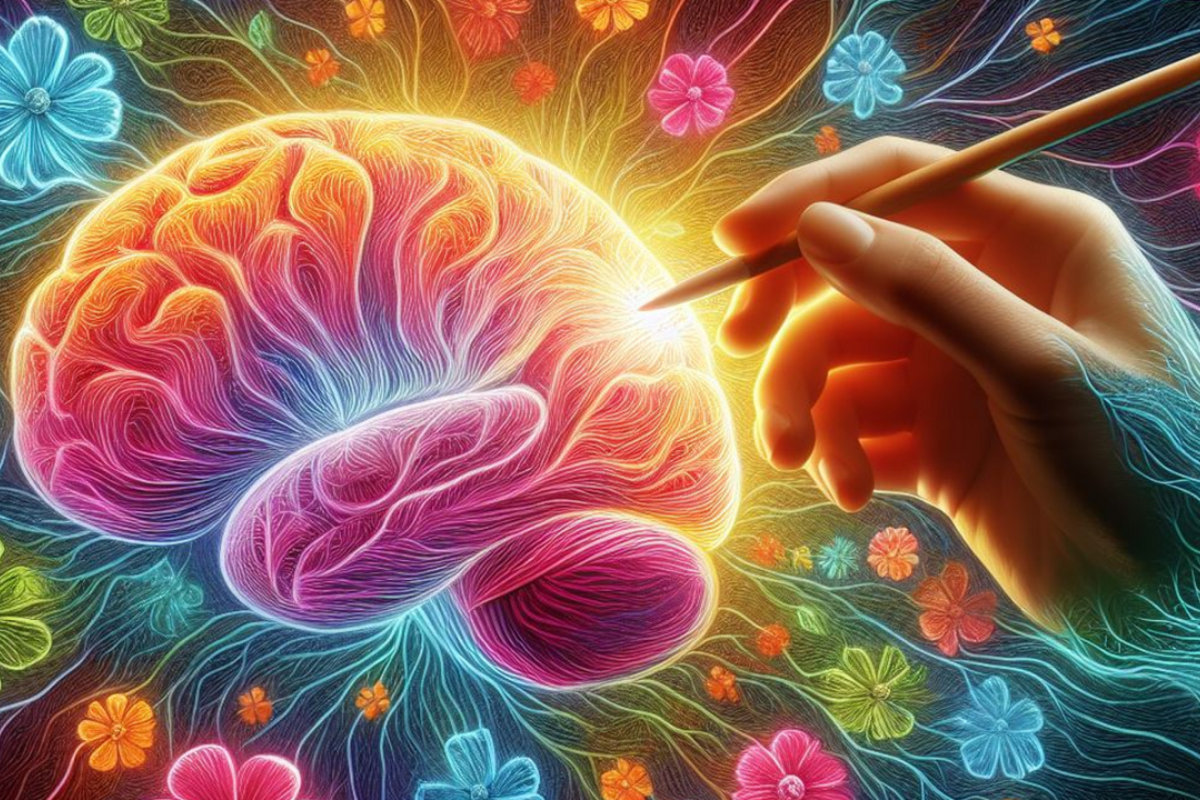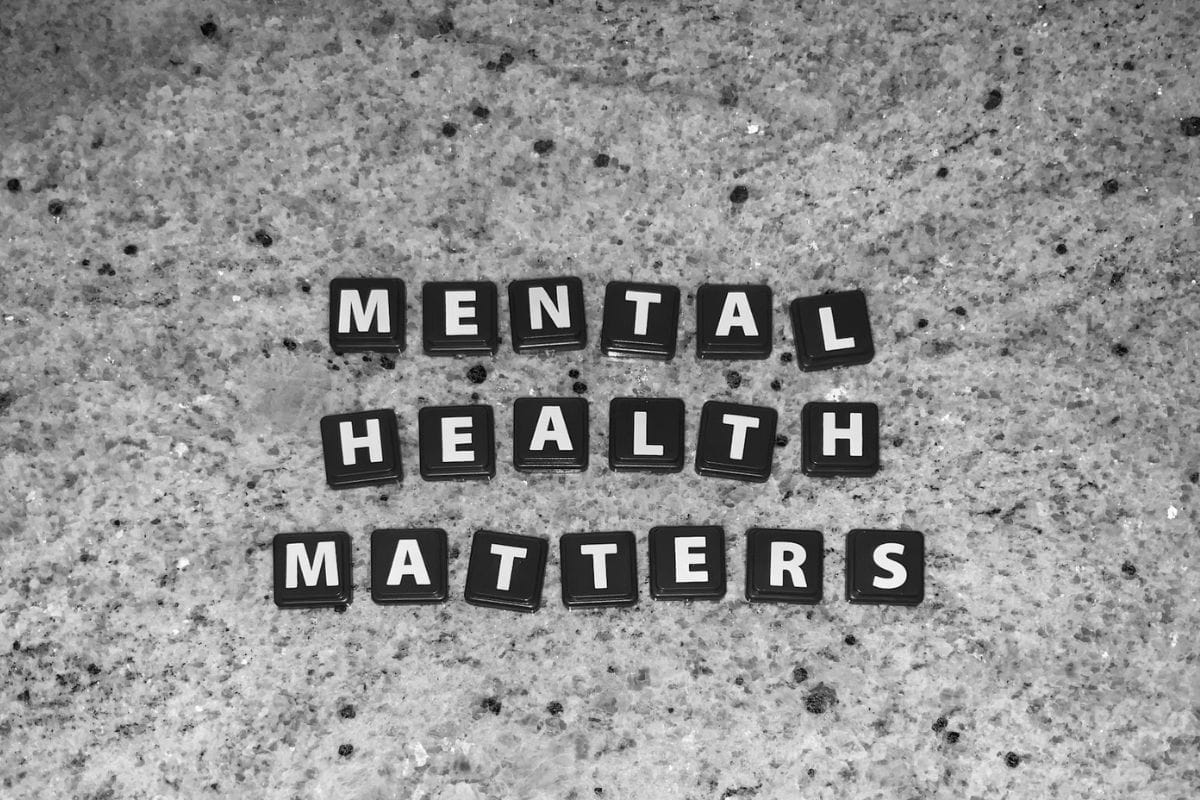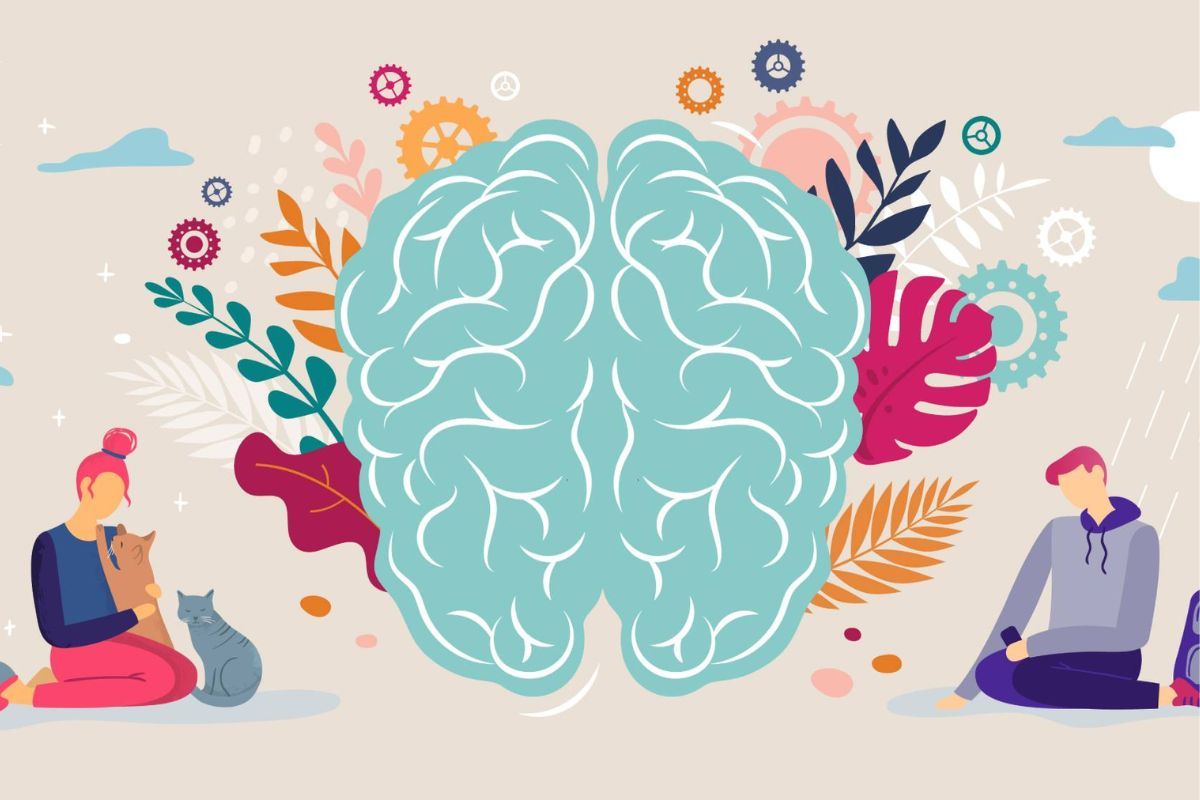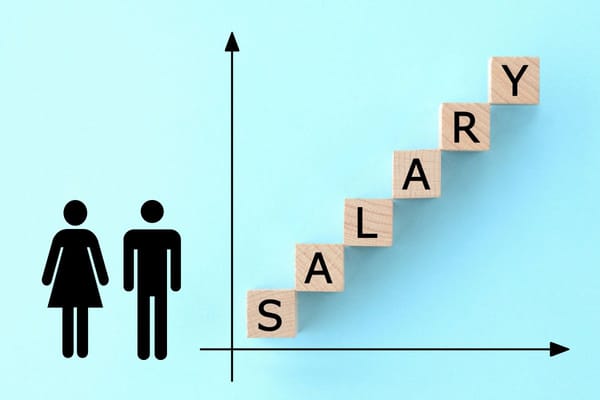Gratitude is the art of noticing what’s already present in your life and recognizing its value. In an age where it’s easy to get caught up in chasing more—whether it’s success, possessions, or status—gratitude helps us pause and appreciate what we often take for granted. It shifts our focus from what’s lacking to what we already have, creating a sense of contentment and fulfillment.
Scientific research backs up the transformative power of gratitude. A study conducted by the Greater Good Science Center at UC Berkeley found that people who regularly practice gratitude report feeling 25% happier, more optimistic, and less stressed. The study also revealed that expressing gratitude can significantly reduce symptoms of anxiety and depression. This explains why gratitude journals and daily reflection practices are gaining popularity as mental wellness tools.
Beyond just mental health, gratitude has tangible effects on physical well-being too. According to research published in the Journal of Psychosomatic Research, individuals who practice gratitude tend to sleep better, have lower blood pressure, and experience fewer aches and pains. Imagine starting your day by simply acknowledging the things that went well the previous night—whether it’s the comfort of a good night’s sleep or a nourishing breakfast. These small moments, when appreciated, can create ripples of positivity throughout the day.
So do we ignore the challenges? No, we find value in the present despite them. Gratitude helps us see daily experiences differently. It requires no special skills, just a willingness to appreciate the good. Over time, this simple practice enhances well-being and transforms how we approach life, turning ordinary moments into sources of joy.
How Gratitude Rewires the Brain and Elevates Mental Health

Gratitude is often described as a simple habit, but beneath its simplicity lies a powerful neurological process. When we express gratitude, the brain's reward system is activated, specifically engaging the ventromedial prefrontal cortex and anterior cingulate cortex—regions linked to emotion regulation, empathy, and decision-making. This activation triggers the release of dopamine and serotonin, the same neurotransmitters responsible for feelings of happiness and contentment. In essence, gratitude acts as a natural antidepressant, enhancing mood and creating a lasting positive outlook.
Dr. Robert Emmons, a leading expert on gratitude, conducted extensive research demonstrating that practicing gratitude consistently can increase happiness levels by as much as 25%. His studies revealed that individuals who maintained a gratitude journal for just 10 weeks experienced reduced symptoms of depression and reported higher energy levels compared to those who didn’t. This shows that gratitude is more than just a fleeting emotion; it’s a practice that, over time, rewires the brain to focus on positive experiences rather than negative ones.
But how does this work in everyday life? Consider someone facing a stressful day at work. Instead of fixating on the pressure and challenges, they take a moment to acknowledge a supportive colleague or appreciate the fact that they’re in a position to grow professionally. This simple shift in perspective lowers cortisol levels—the primary stress hormone—by up to 23%, according to research published by the National Institute of Health. Lower cortisol not only reduces stress but also leads to better sleep and overall improved physical health.
Moreover, gratitude has been found to increase the brain’s neural plasticity, meaning it enhances the brain’s ability to adapt and learn from experiences. This explains why those who practice gratitude tend to recover from setbacks faster. A study conducted by the University of California found that participants who engaged in daily gratitude exercises were more resilient in the face of personal and professional challenges, reporting a greater sense of control over their lives.
How Does Gratitude Enhance Everyday Life and Help Us Find Joy in the Ordinary
Gratitude has the remarkable ability to transform our daily experiences, infusing joy into the ordinary and enhancing our overall well-being. Let's delve into how practicing gratitude in various aspects of life can make a significant difference.
Morning Moments

Starting your day with gratitude can set a positive tone for the hours ahead. Acknowledging simple pleasures—like the aroma of freshly brewed coffee, the warmth of morning sunlight, or the tranquility before the day's hustle—can elevate your mood and foster a sense of contentment. Research suggests that individuals who engage in morning gratitude practices experience increased positive affect and a more optimistic outlook throughout the day.
Practical Tip: Begin each day by reflecting on three things you're grateful for. This simple practice can enhance your emotional well-being and prepare you to face daily challenges with a positive mindset.
At Work

Incorporating gratitude into your professional life can lead to a more harmonious and productive work environment. Recognizing the efforts of colleagues, celebrating small achievements, and expressing appreciation for teamwork can strengthen professional relationships and boost morale. Studies have found that workplaces fostering a culture of gratitude experience higher job satisfaction and increased productivity among employees.
Practical Tip: Make it a habit to acknowledge and thank your coworkers for their contributions. This practice not only enhances interpersonal connections but also promotes a supportive and collaborative workplace atmosphere.
With Family and Friends

Expressing gratitude in personal relationships deepens bonds and fosters mutual respect. Appreciating the support, kindness, and presence of loved ones can enhance relational satisfaction and emotional intimacy. Research indicates that gratitude is associated with increased happiness and reduced depression, which can positively influence relationships.
Practical Tip: Regularly express your appreciation to family and friends, whether through verbal affirmations, thoughtful gestures, or written notes. Such expressions can strengthen your relationships and contribute to a more fulfilling social life.
How Does Gratitude Transform Our Perspective and Change the Way We See Life
Gratitude has a powerful way of changing our perspective, helping us appreciate what we have instead of dwelling on what we don’t. This outlook strengthens resilience, particularly in difficult moments.
Shifting Perspective
By concentrating on the positives in our lives, gratitude helps reframe our experiences, making us more aware of the support and opportunities around us. For instance, individuals facing job loss who practice gratitude often find strength in their relationships and new possibilities, leading to greater resilience. Research indicates that gratitude can enhance mental well-being, promoting a more optimistic outlook even in adversity.
Resilience in Challenging Times
Athletes frequently use gratitude to maintain motivation and focus after setbacks. By appreciating their abilities, support systems, and opportunities, they cultivate a positive mindset that aids in recovery and performance improvement. For example, Michael Jordan, who was once cut from his high school basketball team, expressed gratitude for the challenges he faced, viewing them as opportunities for growth. This perspective contributed to his legendary resilience and success.
Why Is Gratitude Difficult? Understanding the Barriers and How to Overcome Them

Practicing gratitude offers numerous benefits, including enhanced well-being and stronger relationships. However, many individuals find it challenging to consistently cultivate this mindset. Several factors contribute to the difficulty of embracing gratitude:
1. Desire for Control
Expressing gratitude often involves acknowledging the positive impact of external factors or individuals on our lives. This recognition can conflict with our intrinsic desire to perceive ourselves as autonomous and self-reliant, making it uncomfortable to admit dependence on others.
2. High Expectations and Impatience
Some individuals expect immediate, significant changes in their emotional state upon practicing gratitude. When these expectations aren't met promptly, they may become impatient or disillusioned, leading to the abandonment of gratitude practices before experiencing their full benefits.
3. Genetic and Personality Factors
Research suggests that genetic predispositions and personality traits influence one's capacity for gratitude. For example, variations in certain genes, such as CD38, which is involved in oxytocin secretion, may affect how frequently and intensely individuals experience and express gratitude.
4. Societal Emphasis on Self-Sufficiency
Cultural norms that prioritize independence and self-sufficiency can make expressions of gratitude seem like admissions of weakness or dependency. This societal backdrop may discourage individuals from openly acknowledging the support they've received from others.
5. Emotional Vulnerability
Expressing gratitude requires a degree of emotional openness and vulnerability. For some, this exposure can be daunting, especially if they fear that their expressions of thanks might be perceived as insincere or might obligate them to reciprocate.
6. Misconceptions About Gratitude
Some individuals perceive gratitude practices as overly sentimental or trivial, leading them to dismiss the practice altogether. Overcoming this misconception requires understanding that gratitude is a substantive practice with scientifically supported benefits.
7. Cognitive Distortions
Certain cognitive distortions, such as the "gratitude trap," involve feelings of guilt or obligation when receiving help, making it challenging to experience genuine gratitude. These distortions can lead individuals to downplay their struggles by comparing themselves to others who are worse off, hindering authentic expressions of thankfulness.
Overcoming These Challenges
To make gratitude a more accessible and sustainable practice, consider the following strategies:
- Set Realistic Expectations: Understand that the benefits of gratitude may take time to manifest. Patience and consistency are key.
- Embrace Vulnerability: Recognize that expressing gratitude is a strength, not a weakness. Allow yourself to be open and authentic in your expressions.
- Challenge Cognitive Distortions: Be mindful of thoughts that undermine gratitude. Practice self-compassion and avoid comparisons that diminish your experiences.
- Educate Yourself: Learn about the psychological and physiological benefits of gratitude to reinforce its value and importance in your life.
Practical Ways to Cultivate Gratitude

Cultivating gratitude can significantly enhance mental well-being, strengthen social bonds, and improve overall quality of life. Here are practical methods to incorporate gratitude into your daily routine, supported by research findings:
Gratitude Journaling
- Practice: Dedicate time each day to write down three things you're grateful for. This practice encourages a focus on positive aspects of life.
- Benefits: Studies have shown that gratitude journaling can enhance happiness by over 10% and reduce depressive symptoms. Additionally, it has been linked to improved sleep quality and increased physical health.
Mindful Gratitude
- Practice: Throughout the day, take moments to fully engage with and appreciate your surroundings. For example, during a walk, consciously observe and value the environment around you.
- Benefits: Mindfulness combined with gratitude can reduce stress and enhance emotional resilience. Regular practice has been associated with improved mental health outcomes.
Expressing Thanks to Others
- Practice: Verbally express appreciation to family, friends, and colleagues. Acknowledge their contributions and the positive impact they've had on your life.
- Benefits: Expressing gratitude strengthens social relationships by fostering positive emotions and increasing empathy. Research indicates that gratitude enhances social bonds and promotes prosocial behavior.
Gratitude Reminders
- Practice: Utilize visual cues, such as sticky notes with positive affirmations, or set reminders on your phone to prompt moments of gratitude throughout the day.
- Benefits: Regular reminders can help maintain a grateful mindset, leading to increased life satisfaction and well-being. Consistent practice has been linked to long-term positive effects on mental health.
Gratitude is more than just a fleeting emotion—it’s a conscious choice to focus on life’s positives, even during difficult moments. While it doesn’t eliminate challenges, it helps us find strength and joy in small, everyday moments. Studies show that consistent gratitude practice improves emotional resilience, strengthens relationships, and enhances overall well-being.
More than science, gratitude brings meaning to our lives, deepens connections, and shifts how we see the world. It’s not about perfection but about small, mindful steps. Take a moment today to reflect on something you’re grateful for. Over time, this simple practice can truly change everything.

















